The trilateral summit between Japan, the United States and the Philippines will be held for the first time in the United States in mid-April. There is much significance behind this first-time event, especially as it connects the important interests of all three parties at the present time.
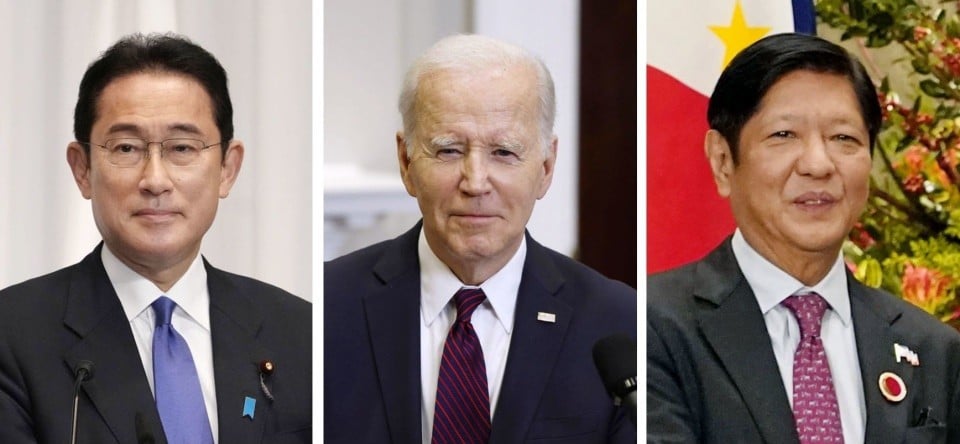 |
| The summit between the US, Japan and the Philippines will be held on April 11 in the US. (Source: Reuters) |
The East Sea is a highlight
According to the Nikkei Shimbun on March 20, Japan, the US and the Philippines will hold their first trilateral summit on April 11 to strengthen cooperation in the security field, including conducting joint military exercises.
The governments of Japan, the United States, and the Philippines announced the above content on March 19. Japanese Prime Minister Kishida Fumio is scheduled to make a state visit to the United States and attend a summit with President Joe Biden in Washington on April 10. Mr. Biden will invite Philippine President Ferdinand Marcos Jr. and the leaders of the above three countries to meet for the first time on April 11.
Nikkei Shimbun commented that building a “like-minded group” in the Indo- Pacific region with the core being the Japan-US alliance and “unshakable” even if there is a change of government is very necessary at this time, in the context of China’s increasingly aggressive moves in the East China Sea and the South China Sea.
In a statement on March 18 (US time), White House Press Secretary Jean Pierre emphasized: "The three countries will promote cooperation based on a shared vision and a strong commitment to the common values of democracy."
“Strengthening cooperation in various fields with like-minded countries like the Philippines, with the Japan-US alliance at its core, is essential to maintaining peace and prosperity in the region,” Chief Cabinet Secretary Yoshimasa Hayashi said at a press conference on March 19.
At the upcoming summit, the three countries are expected to exchange views on increasing joint exercises between the Japan Self-Defense Forces and the US and Philippine militaries, strengthening the supply chain of important materials, and cooperating in the field of decarbonization, according to Nikkei Shimbun.
In addition, the three countries also paid attention to the tense situation between China and the Philippines in the East Sea. The three countries held a meeting at the level of Deputy Foreign Ministers in Tokyo on March 21 to finalize the agenda.
Nikkei Shimbun commented that in the Indo-Pacific region, the Biden administration has established a framework of cooperation, which can be called “mini-multilateral” with the leaders of a few allied countries. Accordingly, a system of cooperation will be established in the fields of maritime security, economic security, management of scarce resources and response to cyber attacks.
In August 2023, Japanese and South Korean leaders were invited to the US Presidential retreat (Camp David) to attend the Japan-US-Korea summit. In addition to the US-Japan-Korea cooperation mechanism, there are a number of other cooperation mechanisms such as the Quad (US-Japan-India-Australia), AUKUS (US-UK-Australia) or the Japan-US-Australia trilateral cooperation framework that have been and are being strengthened.
According to Nikkei Shimbun, the upcoming Japan-US-Philippines trilateral summit will be an extension of the “circle of like-minded countries”. Japan and the Philippines are both US allies and are positioned as like-minded countries, in which the US plays a central role.
Tighten your arms
Japan, the United States, and the Philippines promoted opportunities for dialogue when the three countries' foreign ministers' meeting was held in July 2023, and two months later (September 2023), Prime Minister Kishida, President Marcos Jr., and US Vice President Kamala Harris met on the sidelines of the ASEAN Summit in Indonesia.
The Japanese Prime Minister visited the Philippines in November 2023 and held talks with President Marcos Jr. to strengthen cooperation. Japan decided to provide coastal surveillance radar to the Philippines free of charge through the Official Security Assistance (OSA) program. Subsequently, the two sides agreed to hold a Foreign and Defense Ministers Meeting (2+2 Dialogue) in 2024.
President Marcos Jr. visited Australia in February 2024 and held talks with Prime Minister Anthony Albanese. In his speech to the Australian Parliament, Mr. Marcos Jr. emphasized that “the Philippines firmly opposes and opposes actions that undermine peace, undermine stability and threaten the success of the region.” In addition to the annual Australia-Philippine defense ministers meeting, the four countries of Japan, the United States, Australia and the Philippines will also hold their first defense ministers meeting in 2023.
Nikkei Shimbun said that although President Marcos Jr.'s term lasts until 2028, he still faces some internal difficulties at home. Meanwhile, the US is also in the final stages of the presidential election in November with a rematch between current President Biden and former President Donald Trump. If Mr. Trump wins, the Biden administration's Indo-Pacific strategy is at risk of being reversed.
As the US focuses on responding to the Russia-Ukraine conflict and the situation “at risk of spiraling out of control” in the Middle East, some fear that a “power vacuum” may be created in the Asian region.
Nikkei Shimbun quoted a senior Japanese Foreign Ministry official as saying to the press: “We need to expand cooperation with countries that share similar values.” Thus, the urgent issue now is to quickly build a mechanism to maintain cooperation between allies and like-minded countries even when there is a change of government.
"Ironclad commitment"
According to AFP , in the context of increasing Manila-Beijing tensions in the East Sea, the US reaffirmed its commitment to defend the Philippines under the mutual defense treaty.
"We stand with the Philippines and abide by our ironclad commitments, including our obligations under the Mutual Defense Treaty," US Secretary of State Antony Blinken said during a meeting with his Philippine counterpart Enrique Manalo in Manila on March 19.
Mr. Blinken said that the US and the Philippines share concerns about China's actions "that threaten our shared vision of a free and open Indo-Pacific region," including the East Sea.
The US Secretary of State also said that China's recent actions such as spraying water cannons, sending ships to cut across the Philippines' face, and closely following Philippine government vessels in the East Sea have "violated international law and the rights of the Philippines."
Secretary of State Blinken said that under the 1951 Mutual Defense Treaty, the US is obligated to defend the Philippines if its military personnel, ships or aircraft are attacked by armed forces in any area of the South China Sea.
The US and Philippine foreign ministers described their treaty alliance as growing, but acknowledged the need for more action. Both countries insisted that the enhanced defense relationship was not aimed against any other country.
Source








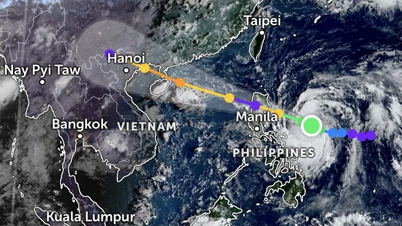

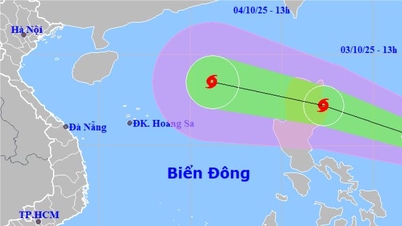
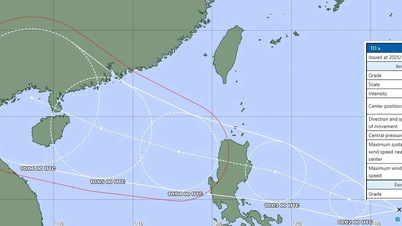
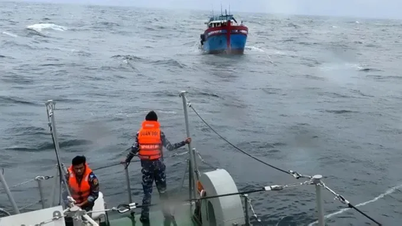
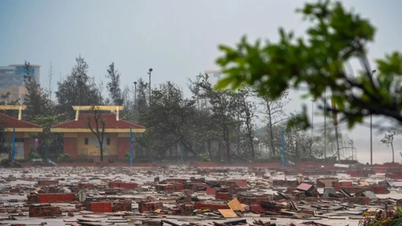

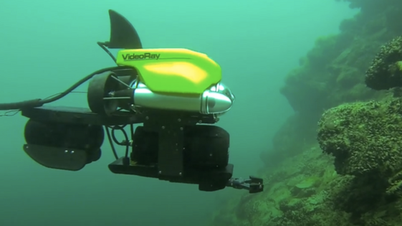

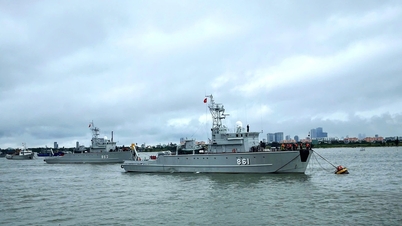



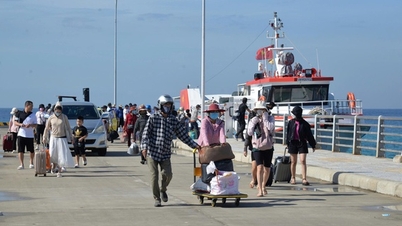





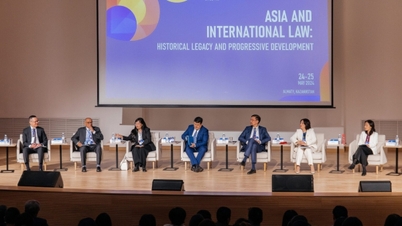
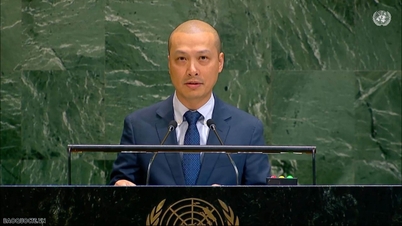
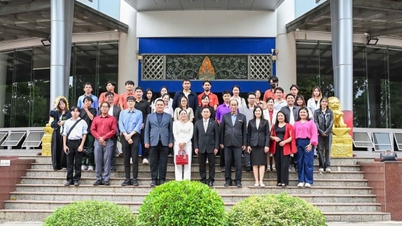

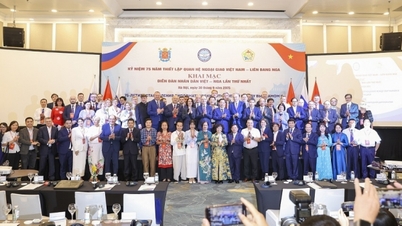
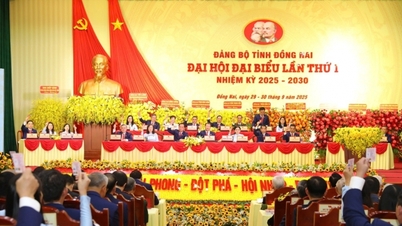







































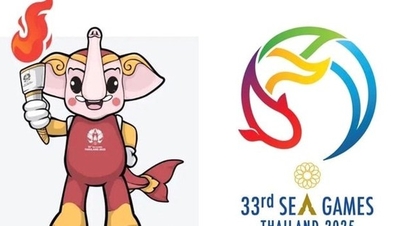


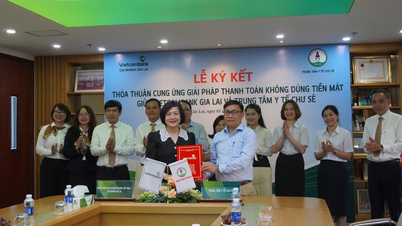


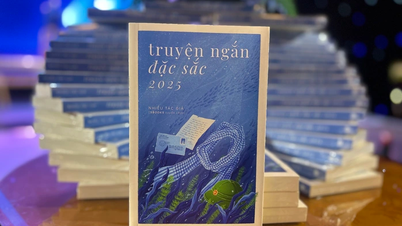


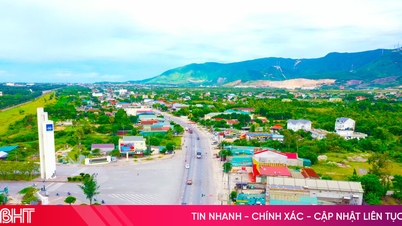

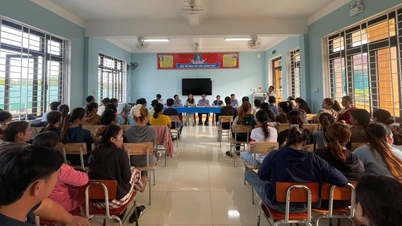













Comment (0)